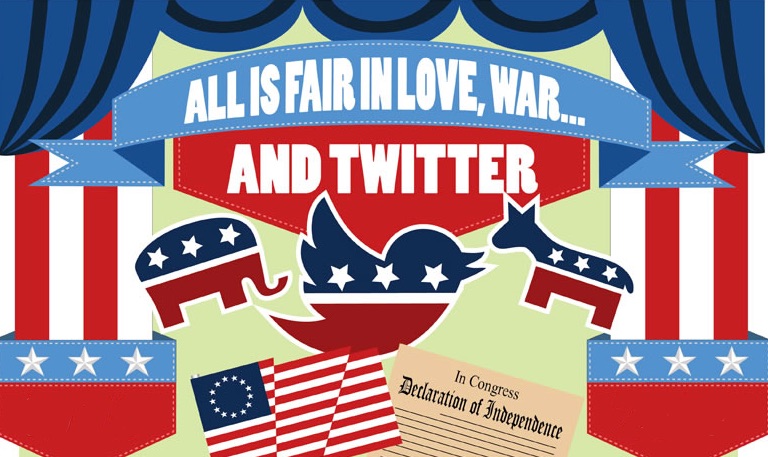For all politicians reading this, now is the time to tweet something shady and then delete the evidence. As of last week, Twitter has closed a network of sites dedicated to saving the tweets politicians delete.
Politwoops, the collective name for the sites, is overseen by the Open State Foundation (OSF) which reported that Twitter suspended their API access on Friday. OSF said Twitter told them that the decision came down to the fact that the social media site doesn't distinguish between politicians and regular users.
"Imagine how nerve-racking --- terrifying, even --- tweeting would be if it was immutable and irrevocable?" Twitter reportedly told the OSF. "No one user is more deserving of that ability than another. Indeed, deleting a tweet is an expression of the user's voice."
Politwoops began at a hackathon in the Netherlands in 2010, and since then was developed by OSF into a tool for journalists available in 30 countries. It automatically monitored the profiles of politicians for deleted tweets and then made them visible.
Politwoops was shut down in the US back in June, but this new move has international scale. Canada, Egypt, India, Ireland, South Korea and Tunisia were among the countries affected. Also shut down was the Diplotwoops site, a site that does the same thing for tweets sent by diplomats.
OSF's director, Arjan El Fassed, said in a blog post, "What politicians say in public should be available to anyone. This is not about typos, but it is a unique insight on how messages from elected politicians can change without notice."
And without missing a beat, people took to Twitter to complain about this announcement. The general sentiment was that politicians shouldn't be given the same protection by Twitter as ordinary people.
The man who ran the British segment of Politwoops, Jules Mattsson, expressed his concern over the decision to The Guardian. "Politwoops has been an important new tool in political accountability in the UK and abroad," Mattsson said. "Politicians are all too happy to use social media to campaign, but if we lose the ability for this to be properly preserved, it becomes a one-way tool."
